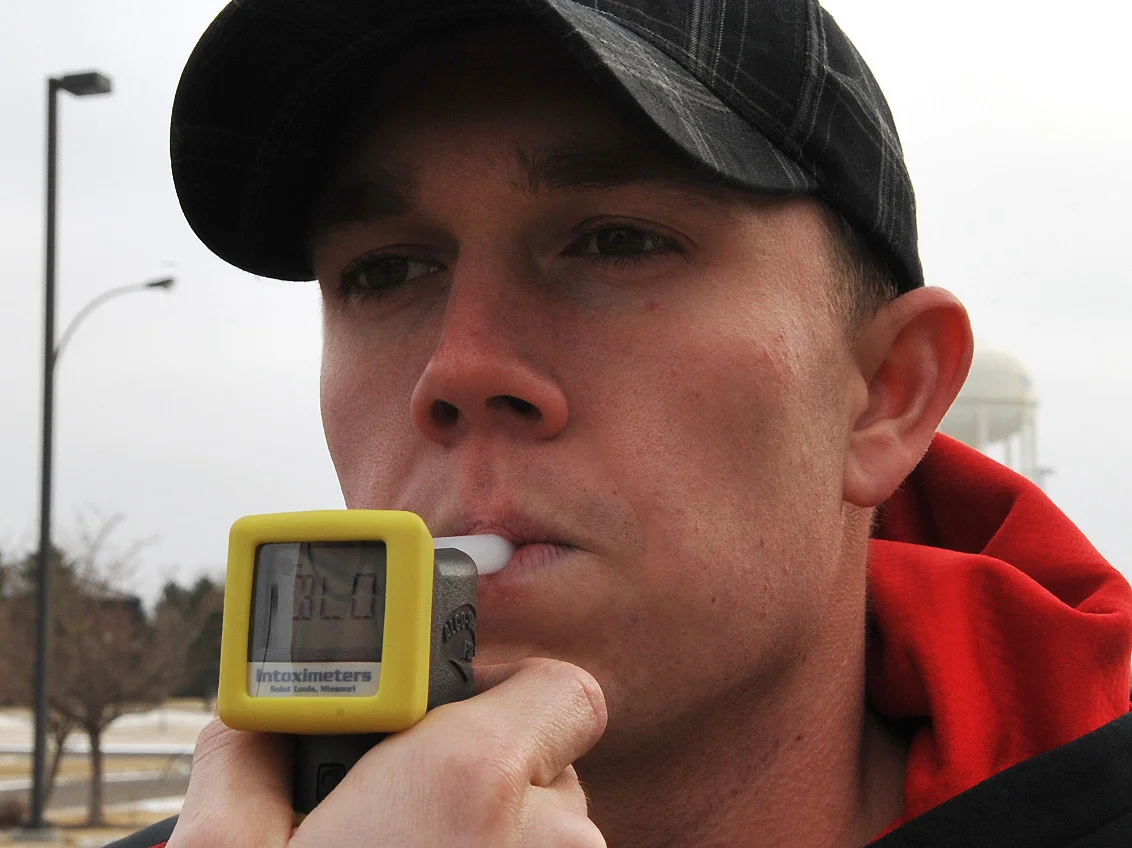A new law will keep CBD oil from being regulated under Michigan’s Medical Marijuana Laws.
If residents of Michigan don’t already know, the recreational use of marijuana was legalized a few months ago! While there still some kinks to work out in the law, The Michigan Law Firm, PC’s blog discussed these new Michigan recreational marijuana laws.
With the interest in marijuana growing every day, many consumers are becoming more curious about what is and isn’t marijuana and the various forms it comes in. These include cannabidiol (CBD) and tetrahydrocannabinol (THC), two natural compounds found in plants for the Cannabis genus. CBD is found in extractions from the hemp plant and is non-intoxicating while THC is the psychoactive compound that gives users the high sensation.
On December 28, 2018, Public Act 642, which clarifies that CBD oil and other products extracted from hemp fall under the scope of industrial hemp, not marijuana, was passed into law. Rep. Steven Johnson who sponsored the legislation stated, “CBD oil derived from hemp doesn’t get you high...It contains no more than 0.3 percent Tetrahydrocannabinol (THC). But the Michigan Department of Licensing and Regulatory Affairs decided last summer to start classifying it the same way they do marijuana, which contains 5 to 35 percent THC.”
The Detroit Free Press informs readers that in a few weeks, effective March 28, 2019, CBD oils will be able to be used by Michiganders recreationally and buyers will not require a medical marijuana card! Now that they can buy it, people may be wondering what they can do with CBD. Well, CBD has recently found its way into many products such as pills, creams, oils, edibles, and even drinks. CBD oils are also commonly used by individuals for health benefits and pain relief. According to Medical News Today, “people take or apply CBD to treat a variety of symptoms,” including, reducing inflammation, preventing acne, and as an antidepressant. Ale Mary’s in Royal Oak, Michigan even served a CBD drink on the menu last month.
However, just because CBD doesn’t cause people to get high, doesn’t mean it can’t harm people in other ways. Major health agencies like the U.S. Food and Drug Administration (FDA), have stated that additional CBD testing and research is necessary. CBD might counteract or negatively react to certain medications or some people might just be allergic to it! A study conducted by the National Library of Medicine National Institute of Health (NCBI) published a study detailing the side effects of CBD oils. Some of these side effects include tiredness, diarrhea, and changes in appetite, and weight. Another study published by NCBI states that, “Without independent testing (e.g. USP certification) of CBD products for content and purity, as well as bioavailability testing of specific products, uncertainty surrounds the use of available CBD products in routine clinical settings.”
So, people should talk to their doctor or do some research before ordering that CBD drink on the bar menu or buying the CBD lotion on display at Sephora!












